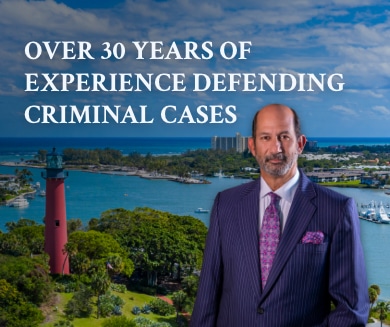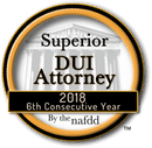Legally Reviewed By:
Brian P. Gabriel, Esquire
Juvenile Status Offenses
 Status offenses are offenses unique to juveniles which would not be considered crimes had they been committed by adults. Over half of the U.S. allows police to detain kids for non-violent status offenses for which adults would not be sent to jail. Approximately 20% of all juvenile arrests in the country involve status offenses. Although status offenses vary from state to state, most states consider the following acts punishable offenses:
Status offenses are offenses unique to juveniles which would not be considered crimes had they been committed by adults. Over half of the U.S. allows police to detain kids for non-violent status offenses for which adults would not be sent to jail. Approximately 20% of all juvenile arrests in the country involve status offenses. Although status offenses vary from state to state, most states consider the following acts punishable offenses:
- Skipping school (truancy)
- Running away from home
- Possessing alcohol and/ or tobacco
- Using alcohol and/ or tobacco
- Violating a city or county curfew
- Exhibiting uncontrollable behavior
What is the Curfew in Florida?
According to Section 877.22 of the Florida statutes, a minor under the age of 16 cannot be at a public establishment during these times (not including legal holidays):
- Sunday – Thursday: 11 pm – 5 am
- Saturday/Sunday: 12 am – 6 am
Also, if the juvenile is suspended from school, they are prohibited from being present in a public establishment from 9 am – 2 pm.
The Juvenile Justice and Delinquency Prevention Act
In the past, states typically handled status offenses through the juvenile justice system. Kids who repeatedly skipped school, ran off, or consumed alcohol or tobacco prematurely were often incarcerated alongside violent repeat offenders with no regard for the severity of the offenses they committed. Upon realizing that these behaviors signaled deeper issues and amid concerns that long-term incarceration alongside more hardened criminals may lead to worse consequences, many fought to decriminalize status offenses.
In 1974, Congress passed the Juvenile Justice and Delinquency Prevention Act (JJDPA) to remove status offenders from the juvenile justice system. Prosecutors were given broad discretion to divert status offense cases from juvenile court and pass them onto other government agencies better equipped to help at-risk youth. Six years later, the primary federal juvenile justice law was amended to include an exception which allows judges to confine youth offenders who repeated status offenses in violation of a court order.
Today, judges in 26 states and Washington, D.C. can detain repeat status offenders under the exception. Many states continue to hold children for these offenses, although the overall number of youth ending up in juvenile detention for a status offense continues to decline.
Penalties for Committing a First-Time Status Offense
The state of Florida actively attempts to keep juveniles out of the juvenile justice system by taking a unique approach that implements pre-court diversion and prevention services for alleged status offenders and their families. The State requires status offenders, or “children in need of services” and their families (“families in need of services”) to receive services on a scale of increasing intensity. Courts get involved only when all available and less restrictive resources have been exhausted.
Juvenile Status Offenses in Florida
In Florida, youth can wind up in a diversion program for children and families in need of services for just three offenses:
- Truancy
- Running away from home
- Being “ungovernable” or incorrigible
Minors caught with alcohol or driving under the influence of alcohol and/ or drugs can face criminal penalties far worse than those for status offenses in Florida.
Status offenses are less serious than juvenile criminal offenses but can still present obstacles for your underage child. Parents of any child who may face the juvenile justice system should retain an attorney to explore legal options and likely consequences at this time. Call 561-622-5575 to speak with a juvenile defense lawyer in West Palm Beach about your case or contact us online for a free case review.
Frequently Asked Questions About Juvenile Status Offenses in Florida
How is being tried as a juvenile different than being tried as an adult?
Florida divides their criminal justice, into being tried as an adult, or being tried as a juvenile. The rules of procedure for juvenile court are different than they are for adult court. Additionally, if an individual is convicted of a crime in juvenile court, the ability and the sanctions that can be levied are severely lessened as a juvenile offense, then it is as an offense as an adult.
What can happen to a juvenile when they are found guilty?
Any juvenile convicted of a crime in Florida can be sentenced to a term of probation, and be required to complete certain conditions that the court may impose dependent upon the facts of the case. For instance, if it was a drug offense, the individual may be required to have some form of counseling and complete it and provide that proof to the probation office. Again, dependent upon the type of case the punishments are designed by the court to assist that juvenile in getting through the system and being able to lead a productive life.
How does juvenile court differ from adult court?
In Florida, in the adult court system, trials are done by a jury or a judge. In the juvenile system, trials are always done by a judge. The rules of procedure are also different in juvenile versus adult court. And additionally, sanctioning of the court, if there is a conviction, is severely different between adults and juveniles.










